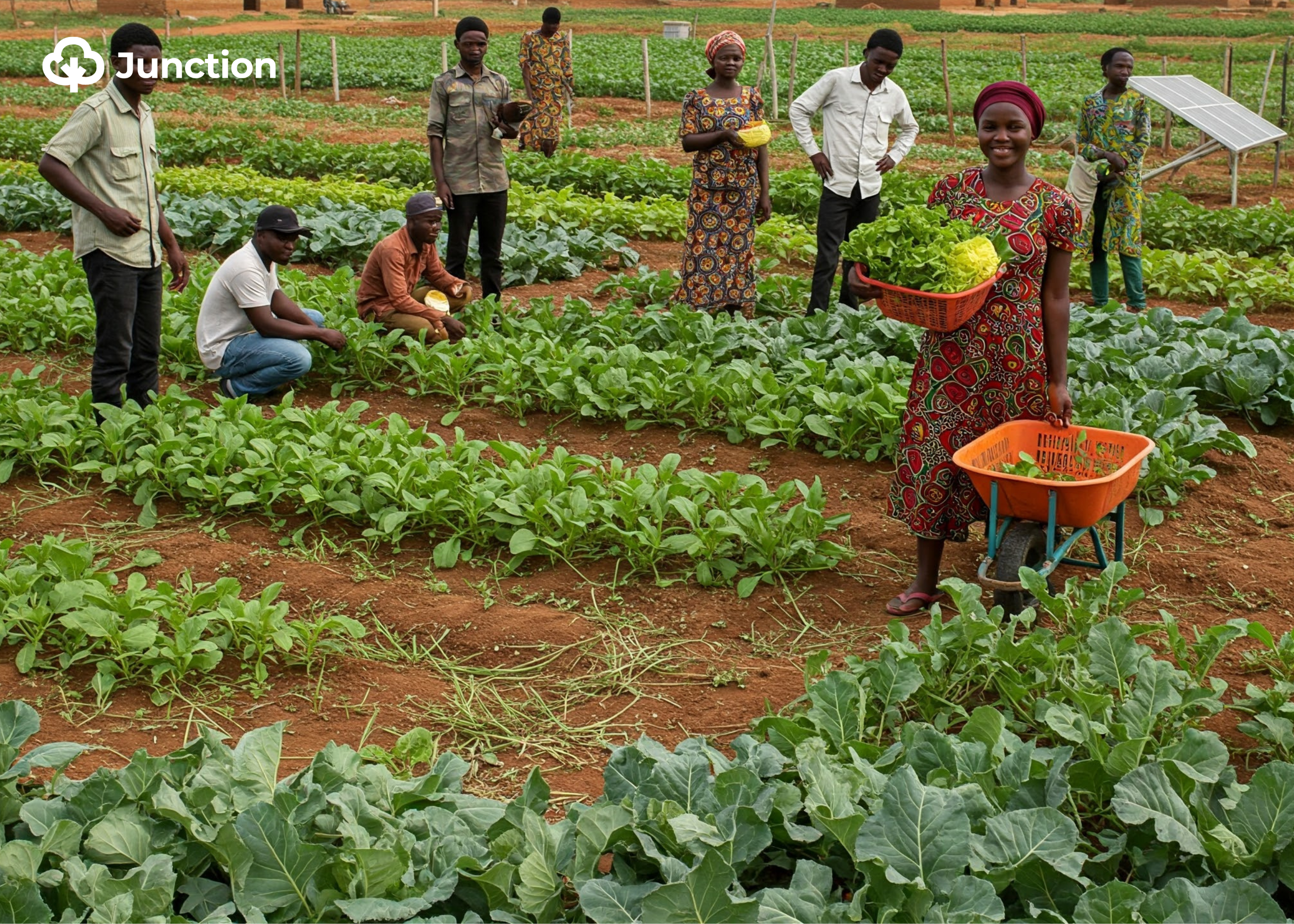News in Brief:
– European consumer boycotts driven by the Gaza conflict are increasingly targeting Israeli agricultural exports, with major retailers distancing themselves from Israeli goods.
– Exporters warn of long-term trade disruptions, even as some markets like Spain and the Netherlands continue to buy, often through anonymous or unlabeled shipments.
A growing wave of consumer boycotts across Europe is hitting Israeli agricultural exports, raising alarms among global agribusiness stakeholders, a news report claims.
Once-reliable markets in Germany, Belgium, Ireland, and the UK are now showing visible resistance to Israeli goods, as political backlash from the ongoing Gaza conflict intersects with purchasing trends and retail policy.
Retail giants like Germany’s Aldi and the UK’s Co-op chains have either suspended or quietly distanced themselves from Israeli agricultural imports. According to multiple exporters, the shift is more than a seasonal market fluctuation.
“Aldi told us officially it’s due to local harvests,” said Ofer Levin, an Israeli potato exporter. “But the real reason is political. They don’t want controversy on their shelves.”
The boycott can be traced to Co-op stores in the UK and Italy, where labelling laws require retailers to clearly display the country of origin, a factor that has empowered activist-driven consumer pressure. Though Germany has traditionally been a strong trade partner, farmers now report growing discomfort from German distributors. Some retailers prefer anonymous bulk shipments over labelled goods to avoid protests.
Even countries as far-flung as Japan are showing signs of hesitation. Israeli fruit exporters report that Japanese buyers are advising caution, citing increasing public sensitivity to Israeli branding.
The situation is particularly dire for growers in southern Israel, near the Gaza border, many of whom are operating at reduced capacity. Ships have diverted cargo due to security concerns, and a few farmers have quit altogether.
Despite the challenges, some markets like Spain and the Netherlands continue to purchase Israeli produce, though exporters warn this may not last. “We’ve removed origin labels to keep selling,” said one exporter. “But it’s a fragile workaround.”
As political tensions mount, Israeli exporters fear long-term damage to established supply chains and are calling on global agribusiness networks to maintain trade ties based on product quality, not geopolitics.



